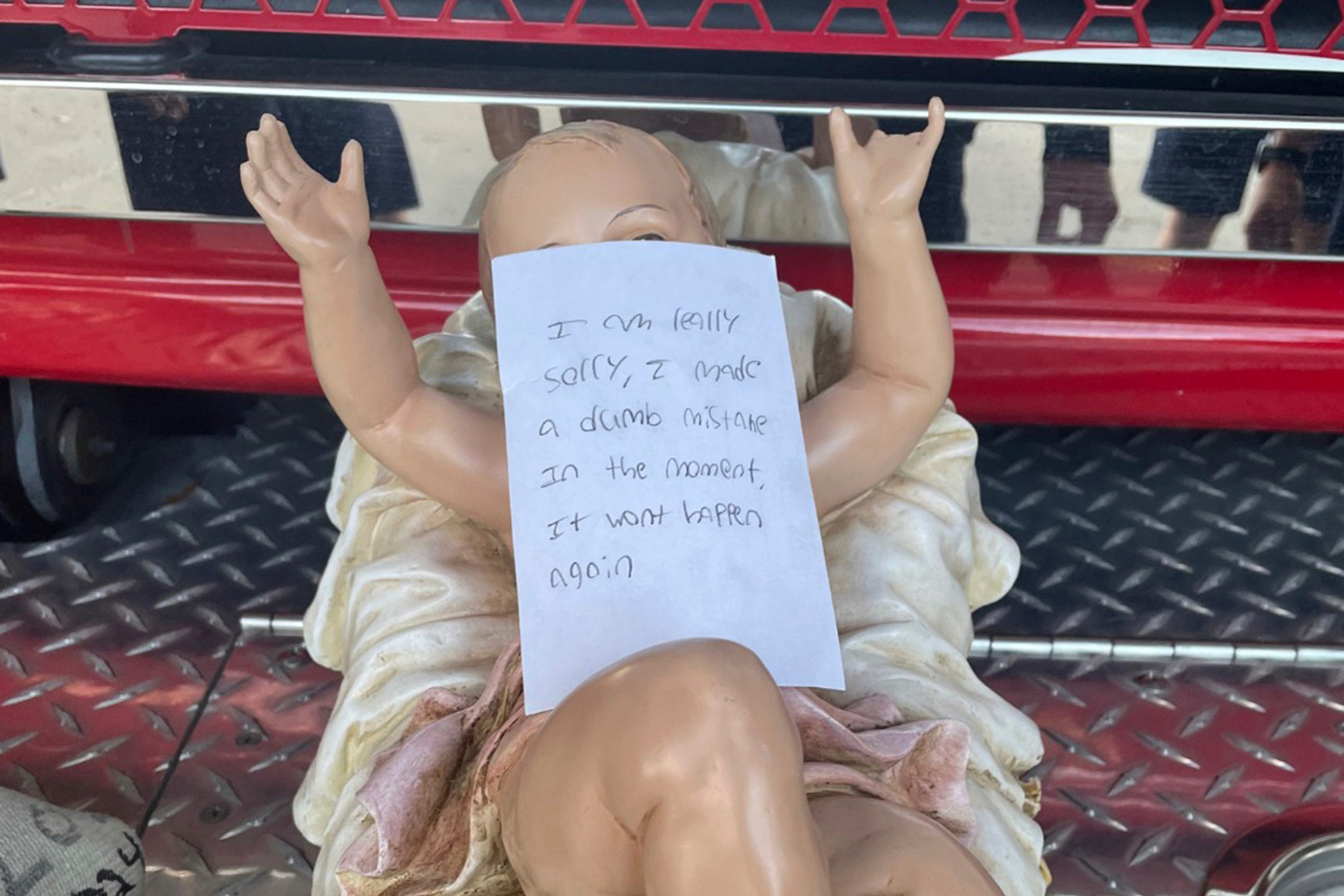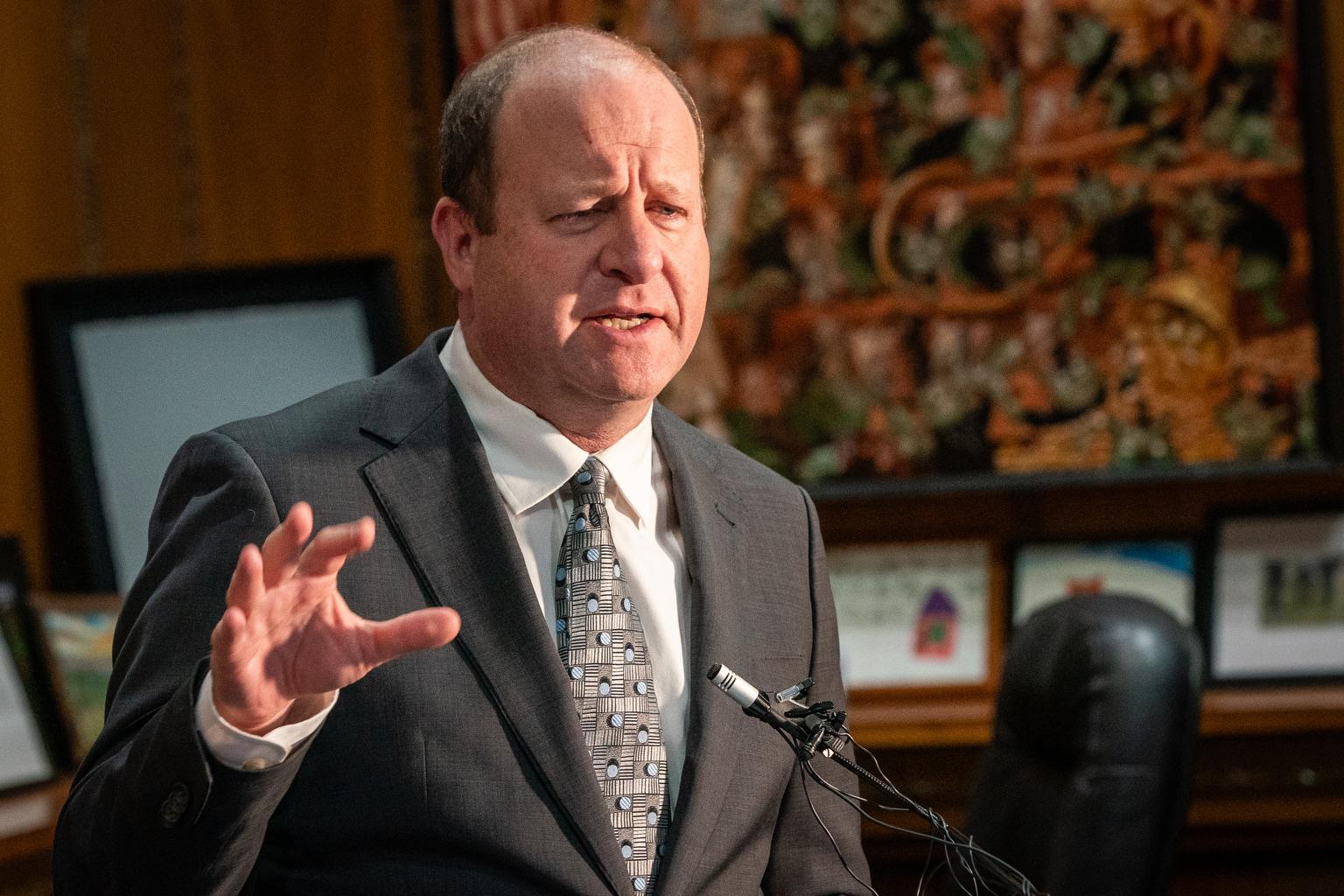
The U.S. Department of Justice has sided with Colorado in a federal lawsuit over the state’s recreational marijuana market.
A year ago, Nebraska and Oklahoma sued Colorado through the U.S. Supreme Court. The states argued Colorado had pre-empted federal law on marijuana and that the drug was pouring across their borders as a result.
But the U.S. Solicitor General, the Justice Department's top courtroom lawyer, countered there’s a high bar for the U.S. Supreme Court to get involved in such interstate disputes and urged the high court not to hear the case. The government argues Nebraska and Oklahoma haven’t suffered direct or substantial injury.
Colorado, the government says, doesn’t permit pot buyers to take their marijuana across state borders. And importantly, the two states suing Colorado haven't alleged that said Solicitor General Donald Verrilli Jr.
"At most, they have alleged that third-party lawbreakers are inflicting those injuries, and that Colorado’s legal regime makes it easier for them to do so," a brief from Verrilli states.
Colorado can’t be responsible for what third parties do when they leave the state, Verrilli said. He said if the Supreme Court were to take up this case it could open a legal can of worms.
“...[T]his is not an appropriate case for the exercise of this Court’s original jurisdiction,” the brief says. "Entertaining the type of dispute at issue here—essentially that one State’s laws make it more likely that third parties will violate federal and state law in another State—would represent a substantial and unwarranted expansion of this Court’s original jurisdiction."
Marijuana advocacy groups praised the Department of Justice's brief.
“This is a meritless and, quite frankly, ludicrous lawsuit. We hope the court will agree with the solicitor general that it’s not something it should be spending its time addressing," said Mason Tvert, director of communications for the Marijuana Policy Project.
The Supreme Court could still decide to hear the case, an expert on federalism and drug law told The Cannabist. But he thinks that will be less likely now.








